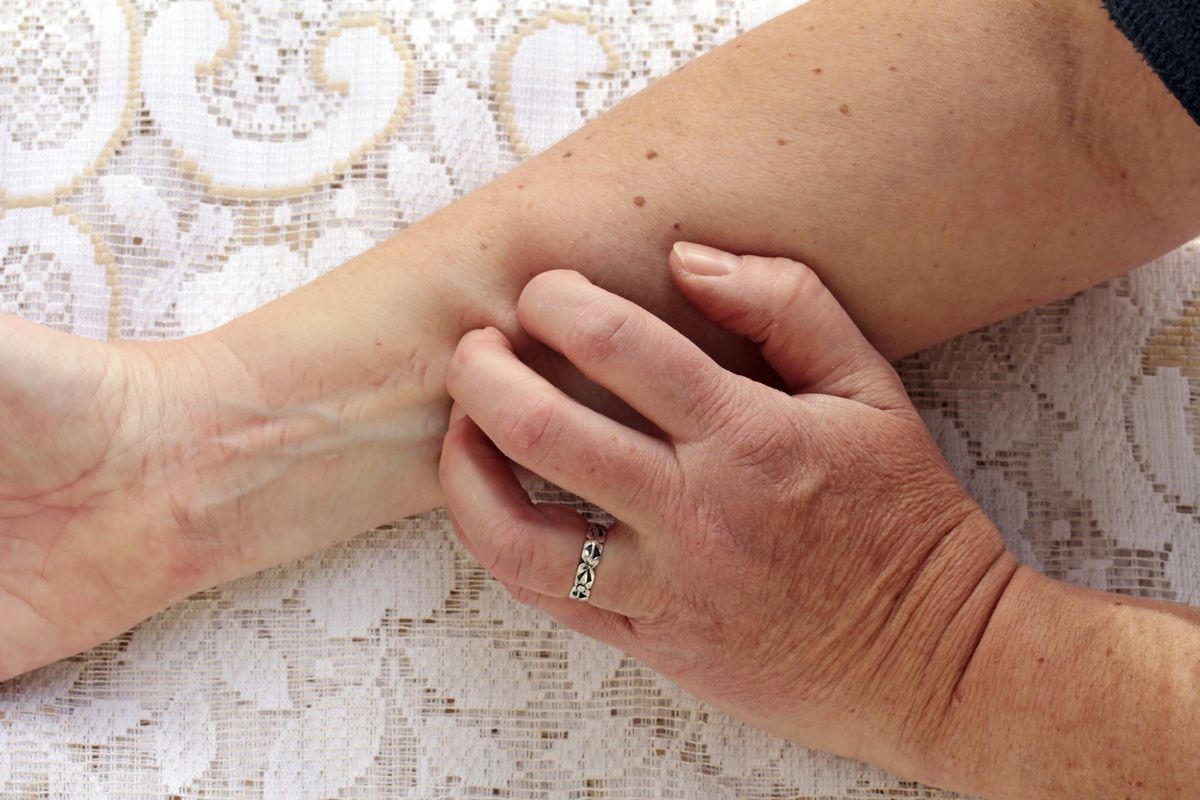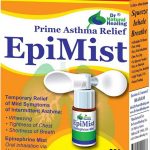
How Can I Stop Itching at Night?
Nocturnal pruritus, or itching at night, can be relieved by avoiding triggers, moisturizing the skin, managing stress, using allergy medication, and implementing other techniques.
If you consistently experience itchy skin at night, you may have nocturnal pruritus, which can result from various causes. It may be due to dry, cracked, or irritated skin or indicate an underlying health condition. You may experience localized itching on specific areas or all-over itching.
Chronic pruritus, which lasts for more than six weeks, can greatly impact your quality of life. It disturbs your sleep and may lead to anxiety, depression, skin injury, infection, or scarring.
If you’re seeking relief from uncontrollable itching, continue reading.
Itchy skin can be caused by:
Skin conditions: Dry skin (xerosis), eczema (dermatitis), and psoriasis are common culprits.
Nerve disorders: Itchy skin may result from disorders like multiple sclerosis.
Psychiatric conditions: Anxiety, obsessive-compulsive disorder, or depression can cause itching.
Bugs and parasites: Mosquito bites typically cause temporary itchiness, while scabies mites, bed bugs, lice, and parasites in bodies of water can lead to nocturnal itchiness.
Internal diseases: Generalized itching might indicate liver disease, kidney disease, anemia, diabetes, thyroid problems, multiple myeloma, or lymphoma.
Irritation and allergic reactions: Allergic reactions can trigger a rash and intense itching. Your skin might be sensitive to materials such as nickel, found in jewelry, eyeglass frames, belt buckles, and zippers. Allergies to nail polish, fragrances, shampoos, or latex can also cause itching.
Why does itching get worse at night?
Your body’s circadian rhythms, which regulate sleep cycles, can influence nighttime itching. As you prepare for bed, your body produces more heat and increases blood flow to the skin, potentially causing itching. Additionally, nocturnal release of cytokines, which promote inflammation, can worsen existing itching. Moreover, nighttime corticosteroid production, which combats inflammation, decreases at night.
How to stop uncontrollable itching at night
To effectively alleviate itching, identify and avoid triggers. Moisturize your skin, treat your scalp if necessary, manage stress, consider oral allergy medicine, and refrain from scratching. Taking a warm bath, getting ample rest, and trying various personal remedies can also help.
Consult a doctor or dermatologist if your itching persists for more than two weeks, affects your daily life or sleep, occurs all over your body, is sudden or accompanied by other concerning symptoms. They can recommend creams, lotions, or gels to soothe and cool your skin. Nonprescription corticosteroid creams, calamine lotion, menthol or capsaicin creams, and topical anesthetics might provide temporary relief. If these measures don’t work, your dermatologist can conduct further tests to determine the underlying cause.
Sources:
American Academy of Dermatology: "10 Reasons Your Skin Itches Uncontrollably and How to Get Relief."
International Journal of Molecular Sciences: "Nocturnal Pruritus: The Battle for a Peaceful Night’s Sleep."
Mayo Clinic: "Itchy skin (pruritus)."
National Health Service: "Itchy skin."


